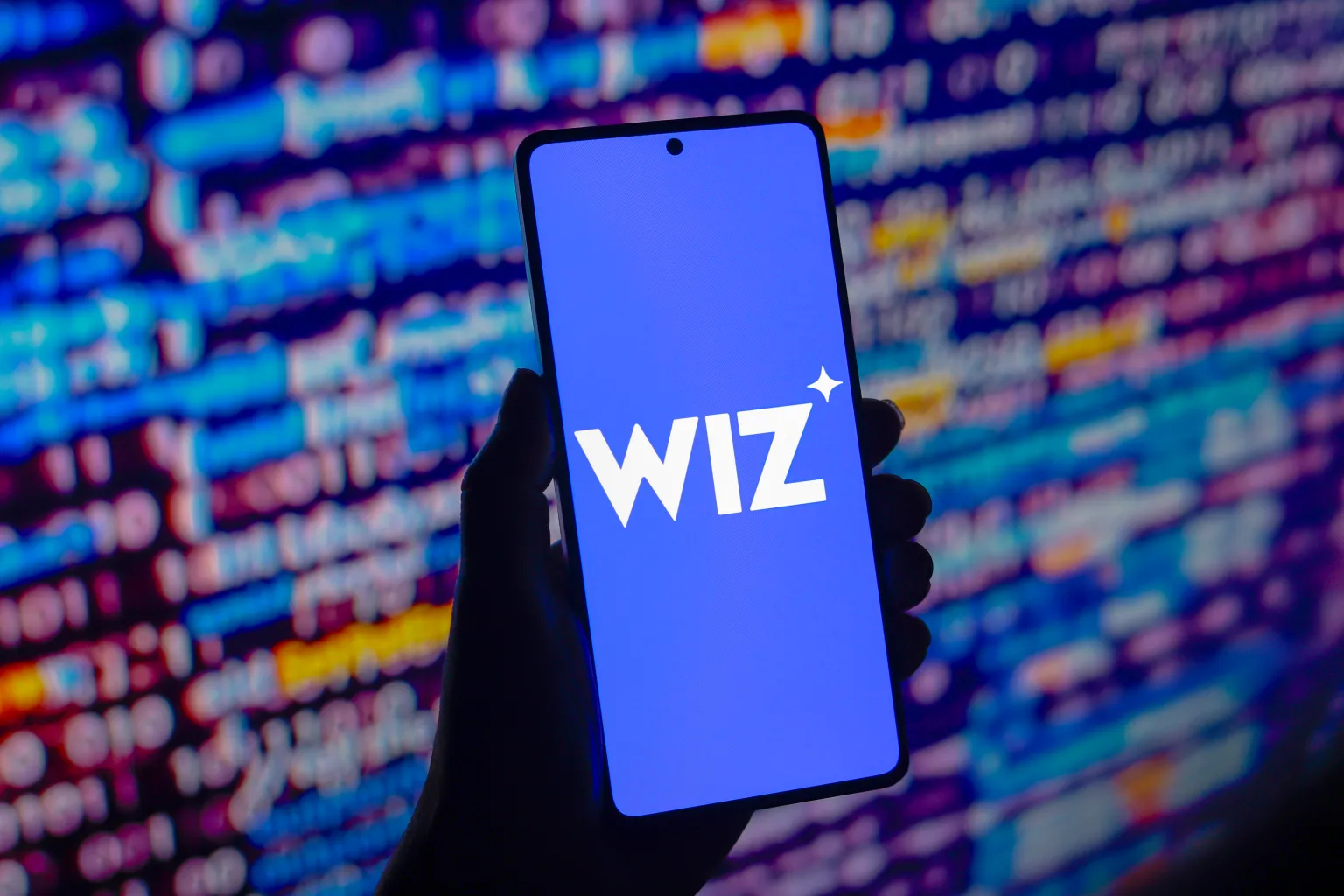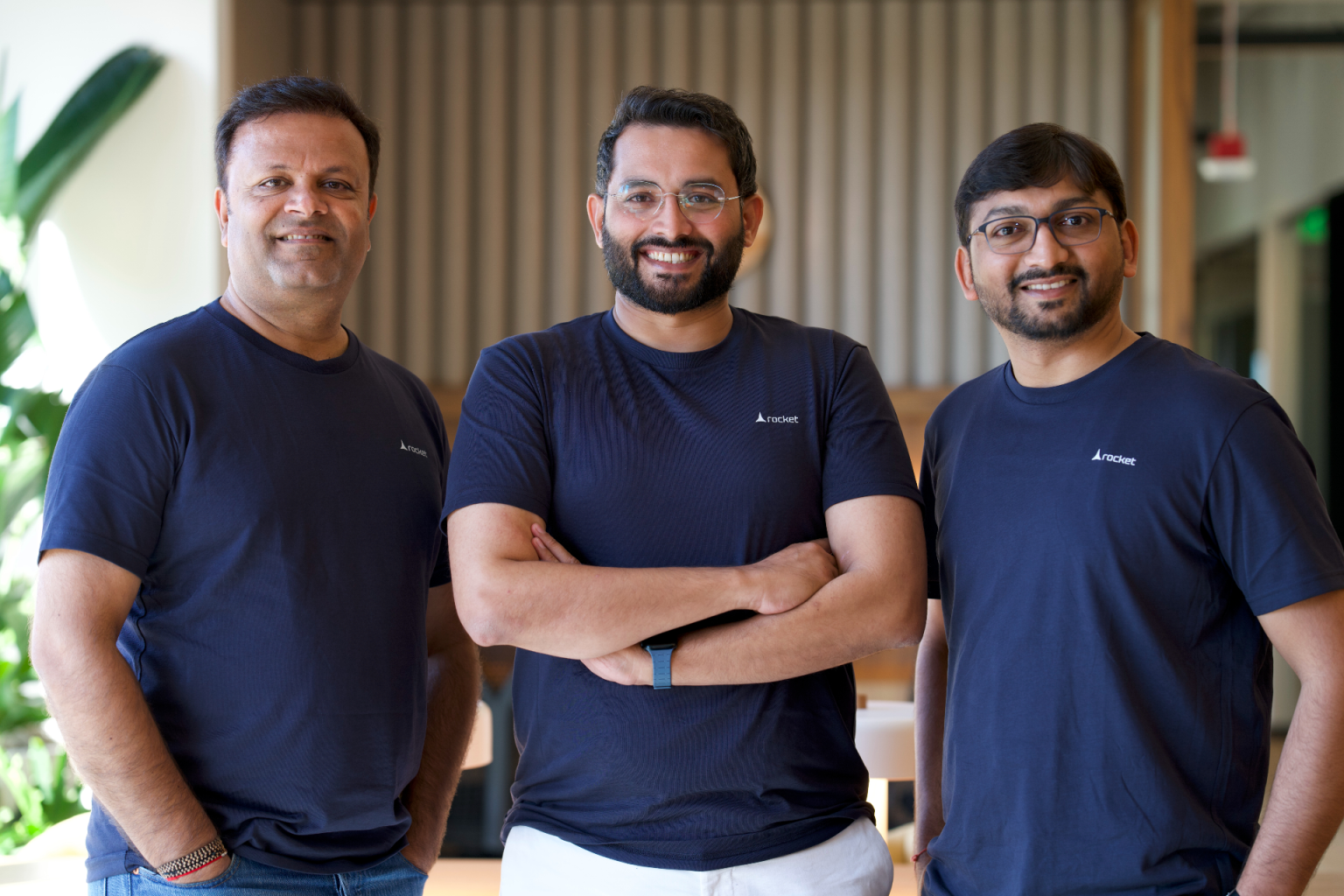The consumer AI landscape is evolving rapidly — and according to the latest report from Andreessen Horowitz (a16z), the gap between OpenAI’s ChatGPT and its rivals is narrowing.
Now in its fifth edition, the report provides more than two years of data on how consumers are adopting AI products. For the fifth time, ChatGPT remains the leading product, but challengers like Google’s Gemini, xAI’s Grok, and Meta AI are gaining ground.
The Top AI Players Holding Strong
Fourteen companies appeared consistently across all five reports, underscoring their staying power in the AI ecosystem. These include:
- ChatGPT, Perplexity, Poe, Character AI, Midjourney, Leonardo, Veed, Cutout, ElevenLabs, Photoroom, Gamma, QuillBot, Civitai, and Hugging Face.
These platforms represent a wide mix of use cases — from general assistance and creative generation to image/video editing, productivity tools, and model hosting.
Meanwhile, Claude, DeepAI, Janitor AI, Pixelcut, and Suno have appeared in every edition since the second report, further cementing their role in AI companionship, editing, and music generation.
Google Steps Into the Spotlight
For the first time, Google made significant gains, placing four of its AI products on the top consumer AI web list:
- Gemini
- AI Studio (developer sandbox for Gemini models)
- NotebookLM
- Google Labs (experiments like Flow and Doppl)
Gemini, in particular, is emerging as a major competitor:
- On mobile, Gemini ranked #2 behind ChatGPT, with nearly half as many monthly active users.
- On the web, Gemini also came in second, reaching ~12% of ChatGPT’s traffic.
AI Studio secured the 10th spot, while NotebookLM and Google Labs ranked #13 and #39 respectively.
Grok’s Rapid Rise
xAI’s Grok is another standout. Originally launched on X (Twitter), Grok didn’t even have a standalone app in 2024. Fast forward to mid-2025, it now boasts 20M+ monthly active users.
- Grok ranked #4 on the web and #23 on mobile.
- Its release of Grok 4 in July 2025 fueled a nearly 40% spike in growth.
Meta AI Faces Challenges
Meta AI has seen slower adoption compared to Gemini and Grok:
- Ranked #46 on the web (no change since March).
- Did not make the top mobile list.
Trust issues appear to be a factor, after revelations that Meta AI had shared some user posts publicly without clear consent.
Chinese AI Players Gain Ground
Chinese companies are also making waves:
- Quark (No. 9), Doubao (No. 12 web / No. 4 mobile), and Kimi (No. 17) lead among general LLMs.
- On mobile, 22 of the top 50 AI apps were developed in China, with standouts like Meitu, ByteDance (Doubao, Cici), Gauth, and Hypic.
Additionally, global exports such as DeepSeek, Hailuo, Kling, SeaArt, Cutout Pro, Manus, and Monica are seeing traction outside of China.
New Entrants & Rising Stars
Several startups are beginning to make their mark:
- Lovable and Replit entered the top list thanks to traction from users building and publishing apps directly on their platforms.
- PixAI, Bolt, Blackbox AI, Clipchamp, and Getliner were highlighted as “on the brink” of breaking into the top 50 web list.
- On mobile, names like Talkie, Seekee, Photo AI, AI Mirror, and Arvin are worth watching.
Key Takeaway
The AI race is no longer dominated by a single player. While ChatGPT still holds the lead, Google’s Gemini and xAI’s Grok are catching up quickly, and regional players — especially in China — are carving out meaningful market share.
With innovation accelerating across text, image, video, and productivity use cases, the AI ecosystem is becoming more diverse, competitive, and global than ever before.
Sources (Techcrunch )




